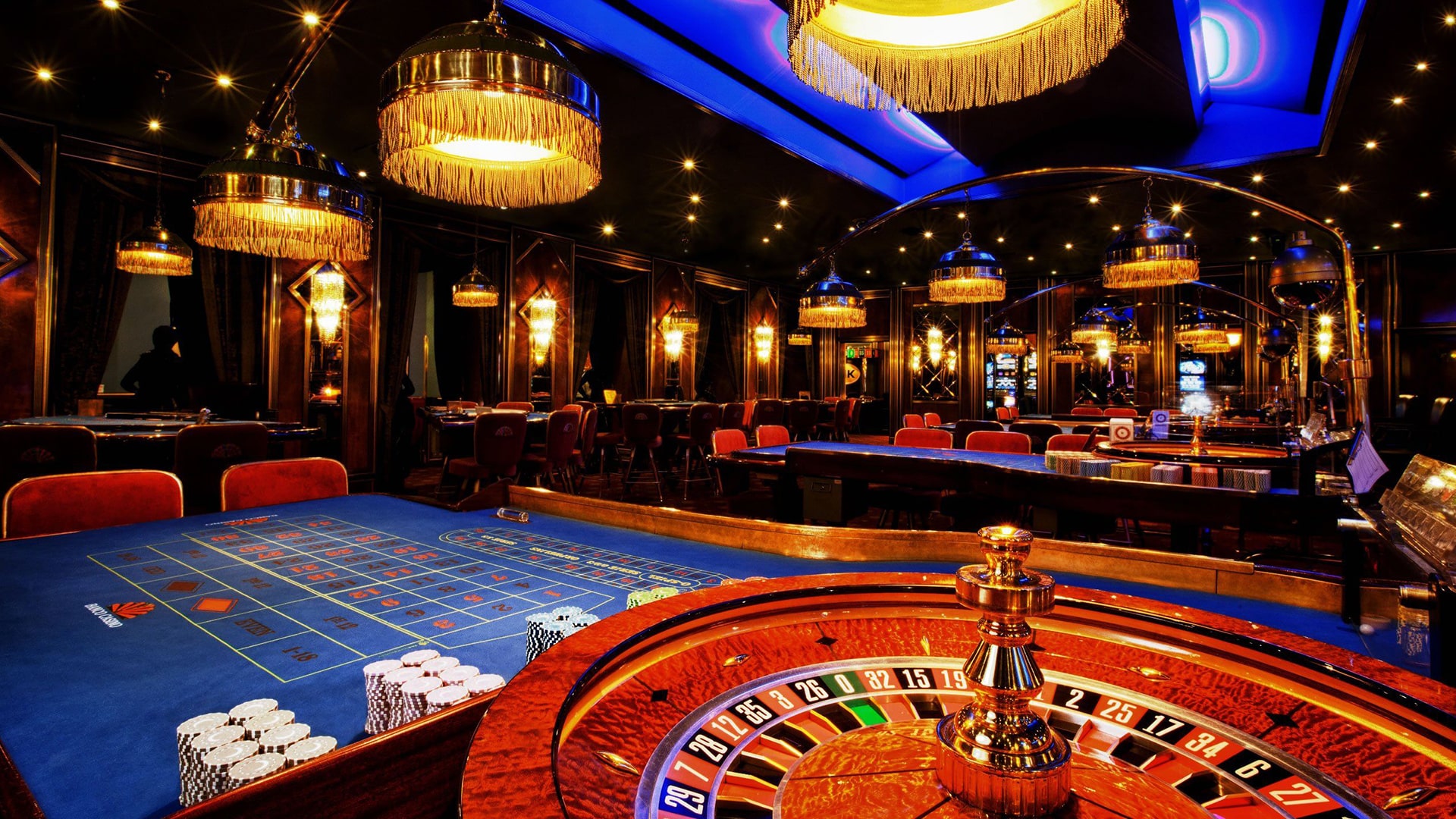The remarkable Development of Casino Gaming Activities Through the Ages
Casino experiences have enthralled players throughout history, evolving from simple pastimes to sophisticated forms of entertainment that integrate luck, tactics, and entertainment. From the historical origins of gambling in civilizations such as ancient Mesopotamia and Rome to the dazzling corridors of contemporary casinos, the evolution of these games reveals much about the human experience and our relationship with risk. As cultures have merged and technological advancements have occurred, casino games have evolved, reflecting the changes in society and developments in gameplay.
The earliest forms of gambling likely included basic dice games and betting on the outcomes of sporting events. Over time, these early games grew into more complex games like table games, the game of roulette, and the variety of slot machines that fill the floors of casinos today. Each era brought its unique rules, aesthetics, and sociocultural significance. In the current era, casino games continue to evolve with the rise of online platforms, enabling players from all corners of the globe to participate in a common experience, further fusing the traditional with the digital age.

Initial Roots of Casino Games
Gaming games have roots that extend back to ancient societies, where betting was deeply embedded in social practices and cultural customs. The earliest known forms of gambling developed in Mesopotamia around 3000 BC, including basic die games made from knuckle material. These primitive activities laid the foundation for more complex gambling activities, demonstrating humans’ innate desire to seek fortune and amusement through luck.
As civilizations developed, so did their gambling interests. In ancient China, around two thousand three hundred BC, tiles were found that resembled primitive rudimentary forms of a lottery activity. More organized forms of betting developed in the Roman civilization, where games of chance were a frequent recreation, often taking place in social gatherings. The ancient Romans developed different wagering activities, which composed die and board activities, illustrating the widespread nature of gambling across different economic classes.
With the passage of years, these primitive games contributed to the progress of modern casino games. In the Middle Ages, playing card games became prevalent in European culture, paving the way for the professional gaming establishments we know today. The change from informal betting to organized gaming in pubs and private houses marked a major change in how people interacted with games of luck, leading to the eventual creation of casinos as dedicated places for gambling.
The Rise of Modern Casino Gaming
The late 20th century marked a significant shift in the field of gambling games, fueled by technological progress and shifts in cultural attitudes towards wagering. The introduction of computers and the World Wide Web transformed the way gamblers interacted with their beloved games. Virtual casinos emerged, allowing enthusiasts to enjoy classic casino classics like Texas Hold’em and 21 from the safety of their houses. This emerging digital landscape not only broadened availability to casino games but also drew in a fresh crowd who found the convenience and variety attractive.
As digital gambling gained popularity, so did innovations in casino tech. The creation of high-quality software and visual elements converted classic casino games into engaging adventures. Gamblers could now connect with authentic live dealers through live feeds, bringing the feel of brick-and-mortar casinos directly into their homes. This blending of live gaming with online platforms created a new hybrid model that boosted the social aspect of playing, making it possible for individuals to connect and compete with fellow gamers around the globe.
Additionally, the emergence of gaming on mobile devices substantially changed the casino landscape. With the widespread use of mobile phones and touch devices, gamblers can enjoy their beloved gaming options everywhere, anytime. Mobile applications offer a wide selection of games tailored for touchscreens, catering to the dynamic daily life of modern users. This availability has resulted in growing involvement in gambling, fostering the surge of the gambling sector. As a result, the prospects of the gaming industry continues to develop, responding to new technologies and changing player expectations.
The Impact of Technology on Casino Games
The evolution of technology has greatly changed casino games, enhancing the overall gaming experience for gamblers globally. With the introduction of the internet, online casinos were created, allowing players to play their preferred games from the comfort of their homes. This shift not only made casino games more available but also expanded the variety of games available, as online platforms could offer many different versions of traditional games without the limitations of physical casinos.
Mobile technology further transformed the casino gaming landscape. As smartphones and tablets became widespread, players now have the ability to engage in casino games whenever and wherever they want. This flexibility has resulted in the development of dedicated mobile applications and optimized websites that offer smooth gaming experiences. Additionally, advancements such as live dealer games have delivered the genuine feel of a casino into players’ homes, connecting between physical and online gaming. https://gamevivu88.com/
Furthermore, advancements in artificial intelligence and virtual reality are paving the way for the next generation of casino games. AI improves game design and player interaction, creating customized experiences based on user behavior and preferences. Meanwhile, virtual reality offers immersive environments where players can engage in a virtual casino environment, making the gaming experience more engaging and lifelike. As technology continues to evolve, the future of casino games looks promising, filled with endless possibilities for innovation and entertainment.